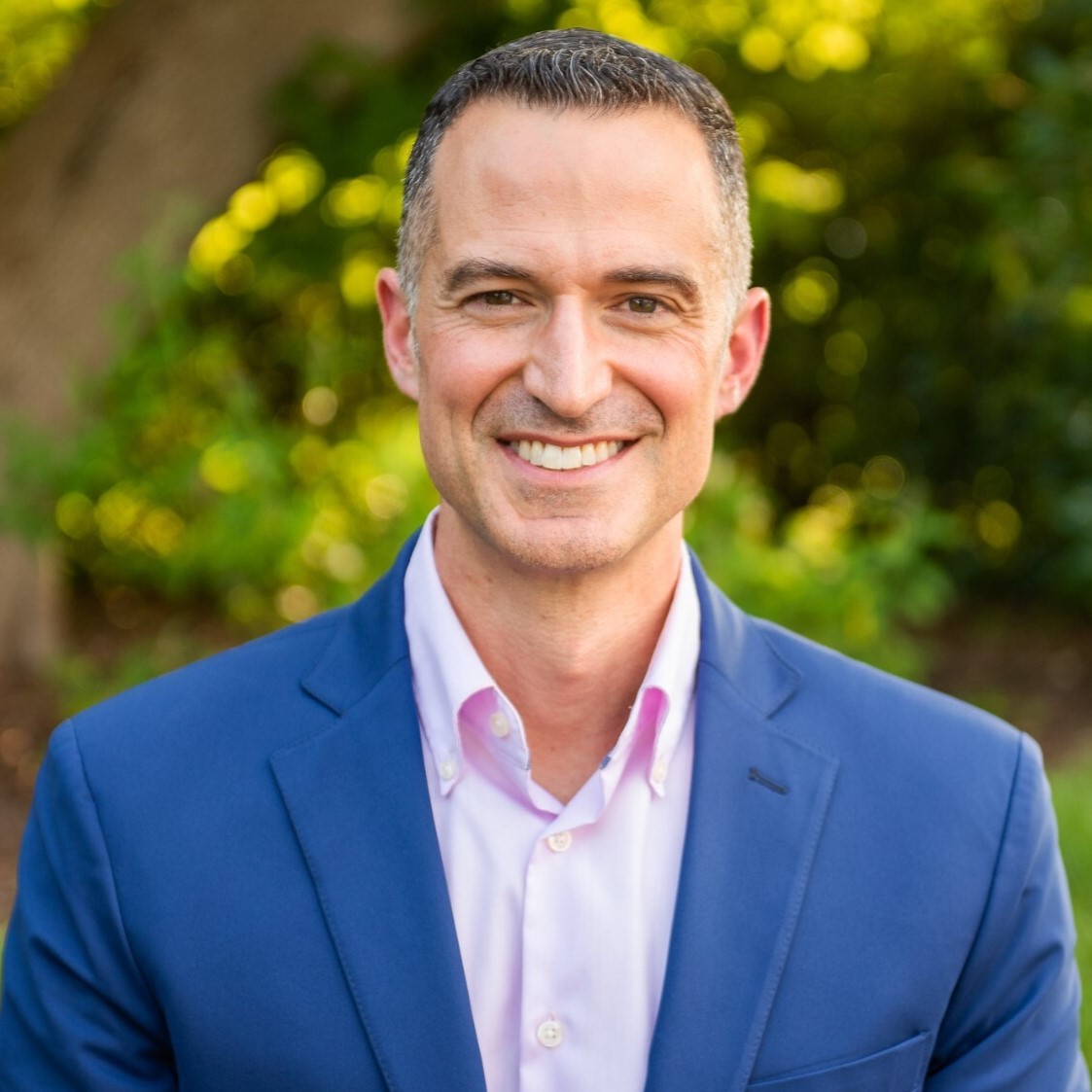Daniel Bono
SVP of Intelligence Solutions
Two Six Technologies
How did you get involved in the intelligence and national security space?
My entry into the intelligence and national security domain began with developing link analysis systems for a rather unique government client. This evolved into integrating text extraction capabilities, a cutting-edge combination in the early 2000s. This experience ignited my deep interest in how technology could significantly enhance the work and impact the critical missions of our government partners.
What kinds of challenges, decisions, and projects do you find yourself working on?
As the Senior Vice President for Intelligence Solutions at Two Six Technologies, I navigate challenges centered on the integration of resilient communication systems, the recruitment of top-tier talent to build these solutions, and ensuring our company remains an industry leader for our vital customers. My work involves strategic decisions and overseeing projects that continually push the boundaries of what's possible in our field.
What excites you most about your current position?
What excites me most is the opportunity to collaborate with some of the brightest minds in the industry, developing some truly cutting-edge technology. I'm also energized by finding novel ways to strategically integrate our diverse product lines, ensuring these integrations are driven by genuine customer mission needs, and then scaling those solutions to support a broader range of mission-critical operations.
How have your professional experiences led you to where you are today?
My professional journey has been shaped by navigating a truly wide variety of challenging situations, including demanding mission requirements, difficult decisions during the COVID-19 pandemic, and various management complexities. Over the years, I've learned that inside every experience, regardless of its difficulty, lies a crucial foundation for future responses and growth. I actively strive to extract learning and development from each encounter. There’s always something to take away.
How did your education impact your career trajectory?
My MBA program at George Mason University was instrumental in shaping my thinking. George Mason gave me exposure to a diverse cohort of talented individuals with varied experiences, which ultimately broadened my perspectives and enhanced my ability to problem-solve. It wasn't just about the degree itself, but I gained invaluable interactions and got to develop a more nuanced understanding of complex issues.
What would be your advice for individuals considering advanced degrees or certifications?
I would advise focusing on the journey of learning as much as the final credential. Pursue advanced degrees or certifications not just for the qualification, but for the opportunity to connect with diverse perspectives, hone your critical thinking skills, and cultivate both personal and professional growth. The process of engagement and learning is as valuable as the achievement itself.
What resources do you recommend to stay current on trends and changes?
For staying current, I recommend the technology section of The Wall Street Journal and Wired magazine. While I'm selective about podcasts due to their often opinionated nature, I found Lillian Cunningham's "Presidential" and "Constitutional" podcasts to be exceptionally insightful. For a unique perspective on business, I highly recommend "The Hard Things About Hard Things" by Ben Horowitz.
How did you navigate pivot points throughout your professional journey?
I navigate pivotal moments by relying on my personal values as a compass. When facing a contentious decision, I ask myself if it aligns with my core principles – would I be comfortable sharing this with my children, and would I be content with this decision looking back in 15 years? I also actively seek counsel from trusted individuals. I cannot emphasize enough the importance of having mentors, colleagues, and mentees with whom you can openly discuss and refine your ideas.
What skills have been most valuable throughout your career?
Academically, advanced statistics and operations management courses at James Madison University provided valuable technical skills. However, the most impactful soft skill I've developed is the ability to listen intently. Closely related is the practice of putting myself in the other person's shoes, particularly before engaging in difficult conversations. Understanding another's perspective is incredibly humbling and crucial for effective communication at any level and in any situation.
How has your mentors' support impacted your career growth?
I am fortunate to have several mentors, each offering unique guidance. Their support has been invaluable, teaching me that it's okay to make tough choices, that seeking universal approval isn't necessary, and that mistakes are learning opportunities. They've emphasized the importance of acknowledging errors, learning from them, and openly sharing those lessons with others.
I’ve been fortunate to have several mentors whose support has been invaluable. They taught me that it’s okay to make tough choices, that seeking everyone’s approval isn’t necessary, and that mistakes are valuable opportunities to learn.
Daniel Bono

